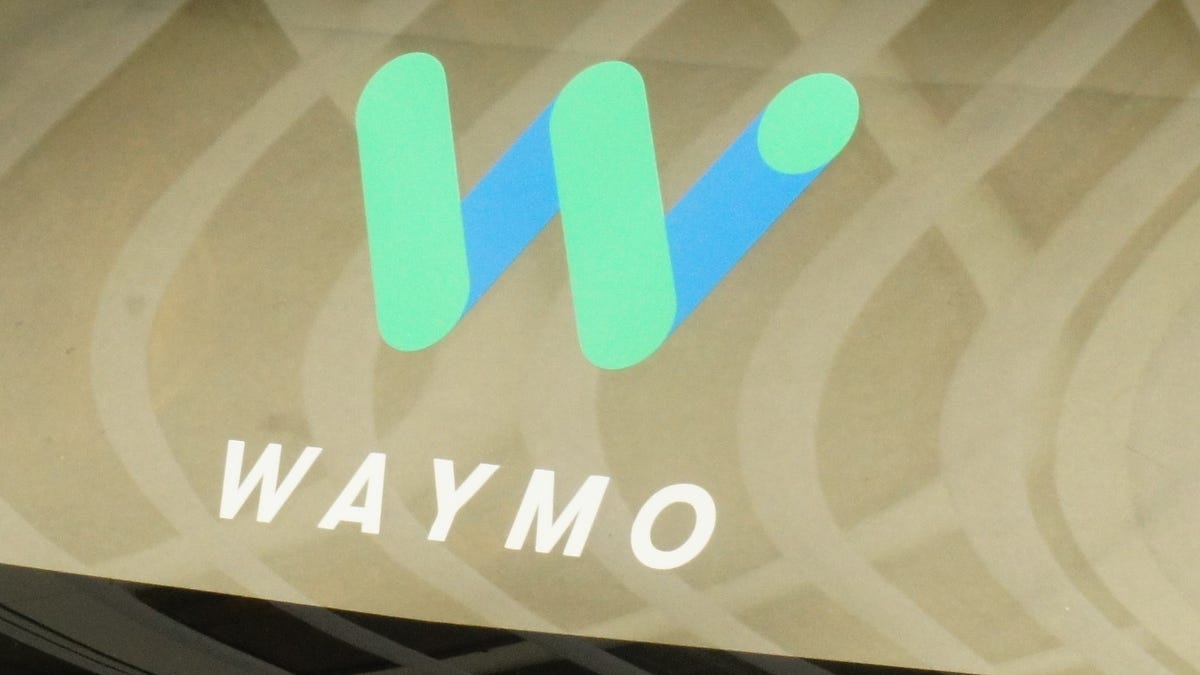Waymo: Uber stole our self-driving car tech
In a lawsuit that reads like a spy novel, Alphabet's self-driving car company charges a former employee brought pilfered technology to Uber.

Waymo was launched by Google last year.
Waymo, a self-driving car company owned by Google parent Alphabet, dropped a lawsuit on Uber on Thursday, alleging the ride-hailing company stole trade secrets to bolster its own autonomous car efforts.
The 28-page lawsuit focuses on Otto, a self-driving trucking company that Uber acquired last year. The suit charges that Anthony Levandowski, a former Google employee, downloaded 14,000 "highly confidential" files describing self-driving technology research and brought them to Otto, which he co-founded.
Parts of the lawsuit read like a spy novel. Waymo alleges Levandowski, who now works at Uber, used special software to access the files and reformatted his computer to cover his tracks. It says Uber used the information after it acquired Otto.
The lawsuit complicates the already-difficult relationship between the two companies. GV, Alphabet's venture capital arm, invested in Uber in 2013. It was one of the firm's most high-profile deals.
"Our parent company Alphabet has long worked with Uber in many areas, and we didn't make this decision lightly," Waymo said in a blog post. "However, given the overwhelming facts that our technology has been stolen, we have no choice but to defend our investment and development of this unique technology."
"We take the allegations made against Otto and Uber employees seriously," an Uber spokeswoman said. "We will review this matter carefully."
Self-driving cars are a red-hot area of research in the automotive industry. Autonomous vehicles show the potential to greatly reduce or even eliminate the tens of thousands of deaths that occur on US roads every year. The technology may also reduce traffic jams, a major fuel and time waster in US cities. Equipment suppliers, start-ups and big tech companies, in addition to automakers, are all developing self-driving car technology.
Uber has been pursuing its own self-driving car research and pilot programs. Last year, it attempted to use self-driving cars to pick up passengers on San Francisco streets. The program was halted because the company didn't have a permit to operate self-driving cars in California.
Waymo's suit specifically calls out trade secrets related to "lidar" technology, laser arrays used in self-driving car research to detect objects in a car's environment.
Waymo said it learned of the alleged theft after a vendor accidentally emailed a Waymo employee, with an attached diagram of an Uber lidar circuit board.
"This circuit board bears a striking resemblance to Waymo's own highly confidential and proprietary design and reflects Waymo trade secrets," the lawsuit said.
The suit charges that Levandowski went to great lengths to get the files then cover his tracks.
Levandowski downloaded "specialized software" to access the files, downloaded 9.7 gigabytes of confidential information, then transferred the data to an external hard drive.
After that, he installed a new operating system, "attempting to erase any forensic fingerprints," the lawsuit said.
Read the rest of the lawsuit below. It's a page turner.
First published Feb. 23, 3:25 p.m. PT.
Update, 5:54 p.m.: Adds background, material from the lawsuit.
CNET Magazine: Check out a sample of the stories in CNET's newsstand edition.
Life, disrupted: In Europe, millions of refugees are still searching for a safe place to settle. Tech should be part of the solution. But is it?



